I was terrified. What business did I have writing novels – and that too verse novels?
It’s the same kind of terror I feel as I write this blog post, because my doctorate is in oceanographer, not literature. Yet, just as I felt compelled to write A Time To Dance in verse, I feel compelled to share my view of what a verse novel is. Partly because, a while ago, I heard a brilliant verse novel described as the work of a “prose writer” – and this comment was meant to be derogatory.
Given my training as an oceanographer, I didn’t quite grasp this; I agreed that indeed, it was prose poetry. I hadn’t fully understood that “Poetic prose” is a complement, whereas “prosaic poetry” is decidedly an insult.
Since then, I’ve come to realize that there’s a strange hierarchy in my new field, where poems occupy the top spot. I hear editors insist that every poem in a verse novel they’ve edited is worthy as a stand-alone piece. I also meet verse novelists who consider themselves poets and feel poetry is a worthier contribution.
I don’t subscribe to such hierarchies. Is An Na’s A Step From Heaven less powerful or less literary than a verse novel because it’s written in powerful prose vignettes?
Not at all!
In writing A Time To Dance, I was encouraged by many contemporary poets: Richard Blanco, Scott Hightower, Peter Covino, Peter Johnson, and, to a lesser extent, Greg Pardlo. It was when I sat in on a workshop that Pardlo conducted at the Ocean State Summer Writing Conference, that I became convinced that verse novels are a different species, related to but not the same as either prose or poetry.
This classification, I realized, is not unlike one way we might classify prose. Lyric poems bear a semblance to novels of ideas; narrative poems to novels in which plot takes center stage; dramatic/persona poems to novels where the plot is really a plot of character.
It appears that lyric poems are for the most part in vogue these days; the other forms are still extant, but considered somewhat older (and, I sometimes get the feeling they’re also considered less important). Interestingly, however, we also live at a time when we value character growth, arguably far more than even plot, when we read literary novels.
A verse novel, to me is a hybrid form – a style of expression where lyricism is incredibly important; where poetic elements (such as rhythm) have a far greater role to play than they do in prose. However, unlike lyric poems that are emotional or intellectual snapshots that do not seek to tell stories, verse novels must tell stories. Each verse may capture an emotionally rich moment; yet it must bear a relation to the whole – it cannot and usually does not – stand alone.
Our job as verse novelists – our primary duty – is to tell the story. To keep the plot moving, not to transfix the reader so the reader is made to feel that he or she must stop and admire each piece – the way he or she might dwell on a poem. We walk a tightrope, trying to balance plot, character and lyricism; and if we allow the lyric element to take over fully, then we are writing a series of poems, not developing a verse novel.
Verse novels may be composed of exquisite pieces – each of which one may delve into and enjoy independent of the others – to a certain degree. But because a verse novel attempts to tell a story (unless it’s an experimental post-modern push-the-envelope piece of work), it must unite and thread and move the reader along. A verse novel is a map that directs the reader on an intellectual and emotional journey. In a verse novel, however, understanding (of plot, character, emotion) builds almost always, as one progresses. Even if the plot is non-linear, the order in which the author chooses to place the verses is immensely important – and in this way, the verses depend on one another. They must work together as organs function together in the human body.
Another way to envision a verse novel is to think of a book as a piece of visual art. Reading a book of poetry is like walking through a sculpture room in a museum; while the sculptures may be related in terms of theme, each exists in isolation (although the viewing experience may be enhanced because they’re all present in this room together). A verse novel is one sculpture – one magnificent sculpture – in which we may admire the way each element is carved; but ultimately, the object of the sculpture is to be viewed as a whole. If each part of a sculpture demanded too much attention, it would, in fact, detract from the ability of the sculpture to be enjoyed as a single object.
Or, and I can’t help but use another metaphor – whereas a verse novel is like a bouquet of flowers in which each beautiful blossom is arranged to create a certain effect, a book of poetry is a floral field.
Other verse novels fall in different places along the spectrum from straight prose to outright poetry. For instance, one may argue endlessly about Sandra Cisneros’s classic, The House on Mango Street. I’ve heard this book described as prose, poetic vignettes, prose poetry, and poems. And doesn’t Kimberly Newton Fusco’s Tending to Grace blur the line between poetry and prose? Does it matter, so long as we are moved by the words?
I don’t really care. I do care that my verses keep my reader listening to my story. I do not want my reader to stop and drink in each verse in a verse novel; in a book of poems, I would want to the reader to ponder each verse. Nor, I might add, do I wish, when I write a verse novel, to write a “page turner” – prose is probably far better suited to fast-moving plots paced so that the readers heart races. In writing a verse novel, I want my reader’s heart to beat at a different rhythm than when I write in prose. My aim in writing a verse novel is different than in writing a book of poems or writing a prose novel – not least in terms of the speed and direction in which I hope to propel my reader. This is neither better nor worse than a poet’s aim or a prose novelist’s aim – it’s just different.
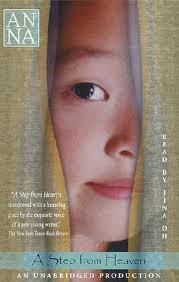
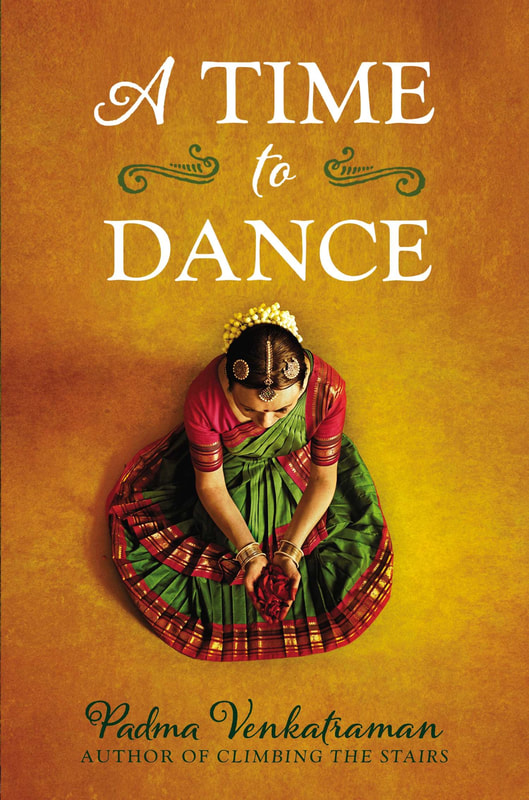
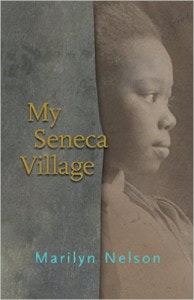
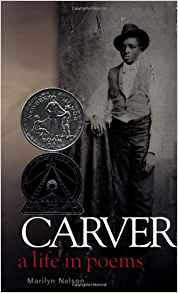
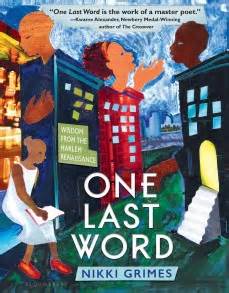
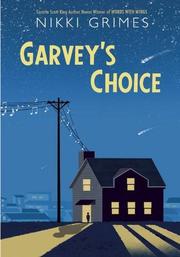

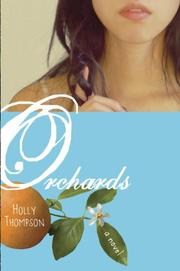
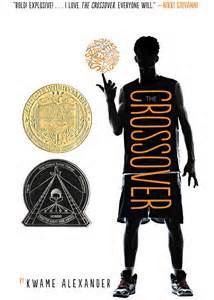
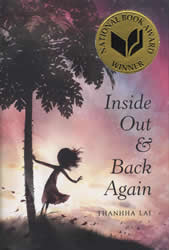

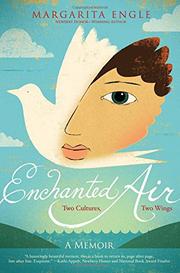
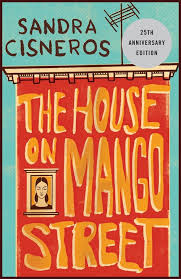
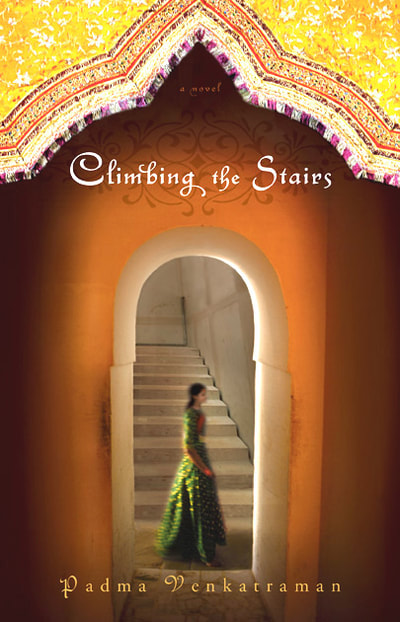
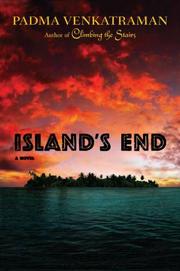
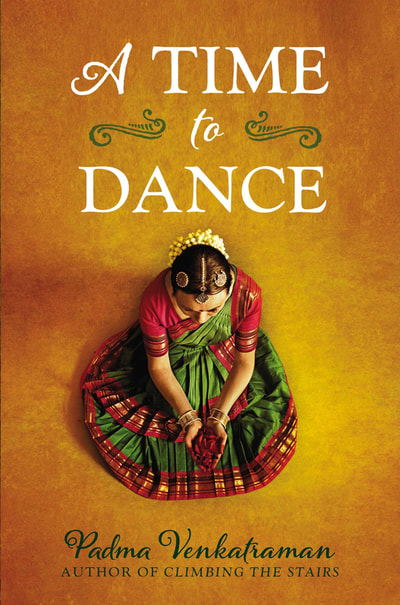

 RSS Feed
RSS Feed